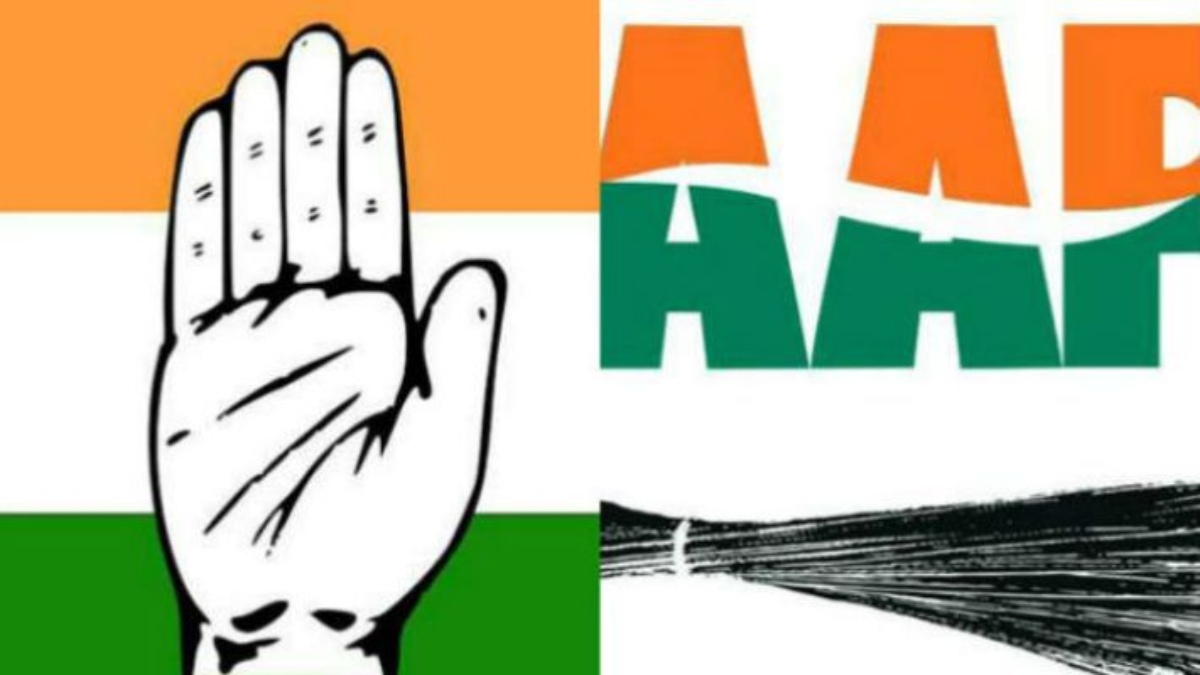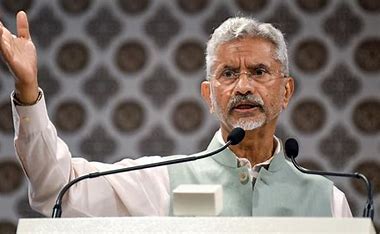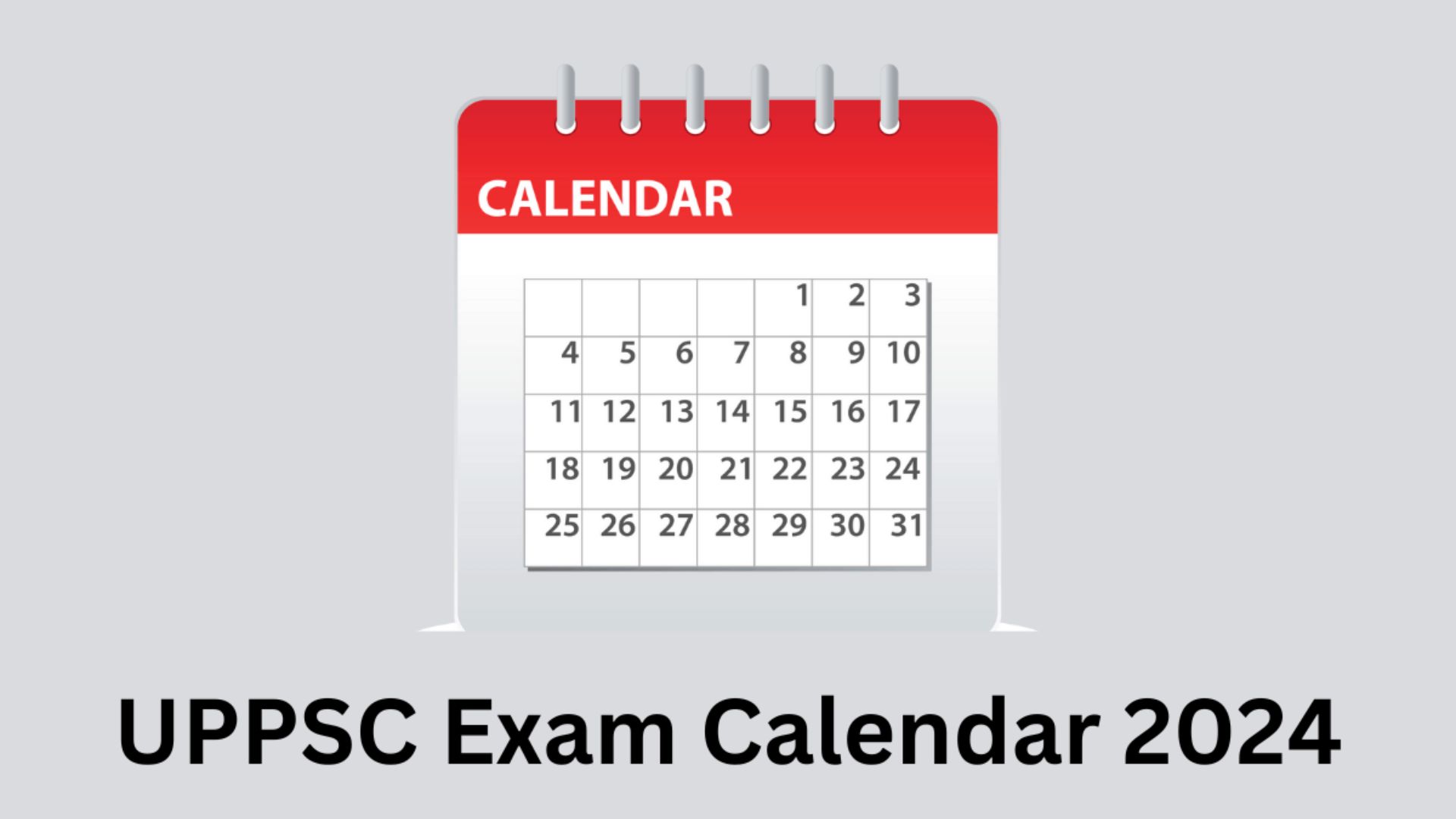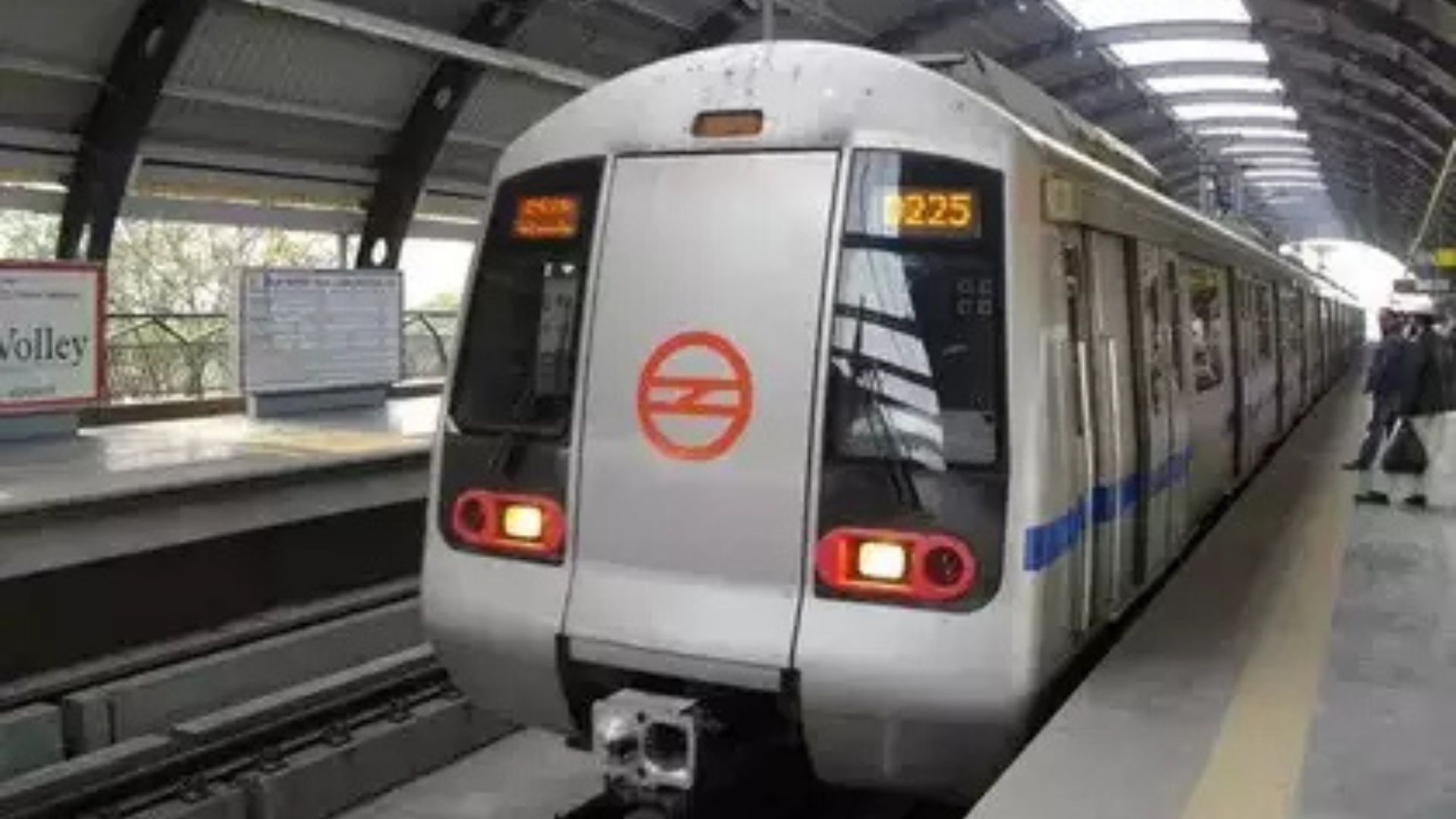
After Mamata Banerjee, Arvind Kejriwal also declared on Saturday that the Aam Aadmi Party would be contesting all the 13 seats in Punjab and one in Chandigarh, all alone. Effectively his announcement means that the Congress and the AAP have failed to reach an understanding regarding seat sharing, and shall face each other in a much-awaited contest. Like in the case of Bengal where many analysts interpreted the development as a setback for the INDIA bloc, the AAP-Congress discord could in fact, help these two parties in keeping the BJP away from any chance it has.
Moreover, the grassroots workers of both the AAP and the Congress were against any kind of tie-up and thus had been putting pressures on their top leaders to call of the talks. The direct fallout of the unilateral decision by Kejriwal could be that the chances of the Congress-AAP alliance in Delhi too have receded. However, in Punjab, the contest for the 13 seats would be mainly between the Congress and the AAP and unless the BJP and the Akalis come out with a last-minute understanding, the two former allies would end up on the losing side.
Since the past few days, there has been intense speculation regarding the possibility of the Akalis and BJP coming together. Union Home Minister Amit Shah, who has been in touch with Sukhbir Badal and his wife, Harsimrat Kaur, in a recent interview has indicated that the possibility of an agreement amongst the two parties still exists. The Akalis and the BJP forged a partnership after the then Prime Minister Atal Behari Vajpayee initiated the move. Vajpayee’s logic was that the BJP’s understanding with the primary Panthic party would help in protecting the Hindus. In Punjab, the Congress had essentially been the Hindu party and in the 23 out of 117 seats which were dominated by the Hindus, the Congress would always do exceedingly well.
However, after the alliance with the Akalis, the BJP claimed that space, and both in 2007 and 2012 Assembly elections, it was because of the Saffron Party that the Akalis came to power, and served for two successive terms under the overall leadership of the late Parkash Singh Badal. The two parties developed serious differences following the Kisan agitation and the Akalis under pressure from the rank and file, withdrew support to the BJP government at the Centre leading to the resignation of Harsimrat Badal. The relations since then have been strained and due to multiple reasons, the Sikhs have developed an allergy for the BJP. This is possibly also a factor that has delayed any kind of understanding between the two former allies.
The BJP is keen but despite several leaders defecting to it from the Congress in the wake of Captain Amarinder Singh’s resignation from the position of Chief Minister, the prospects look bleak. In any case, the BJP would find it extremely difficult to win even a single seat on its own steam and would certainly need the Akalis. Many a times, pragmatic politics too has to take a backseat if the cadres start resisting. The immediate test for the Akali leadership is how the Kisans who are gathering from Monday onwards on the borders with Haryana, react while pressing their demands.
If the farmers take a stiff line against the government, the Akali leadership shall find it impossible to forge any agreement with the BJP. In the meanwhile, a quadrangular contest in Punjab suits the AAP since a large number of people, who have benefitted from the freebies still believe that it was the best party in the reckoning. The Congress after the Captain’s departure, does not have a very strong and viable leadership though Partap Singh Bajwa, the leader of the Opposition in the State Assembly has performed well in his role.
The point is that Bajwa’s wish would be to wrest the control of the government from AAP in the next elections, and weaken the AAP in the Lok Sabha polls. The Congress had won eight out of the 13 seats in Punjab the last time and could win at least five, if it is able to field proper nominees. The Congress has to delicately balance its traditional vote base, and also ensure that a minimum of four Hindu candidates are fielded for the contest this time. There are some Congress deserters who had crossed over to the BJP, who are also watching the developments from close quarters. They know that on its own, the BJP may not even win the Patiala seat where the Captain’s daughter is likely to be the nominee. Thus, if the alliance with the Akalis does not materialize, some of these defectors may come back to the Congress and not enter the electoral fray.
The Akalis also would want to ensure that in the event of an alliance, they contest 10 out of the 13 seats, and leave three seats to the BJP and one in Chandigarh. The political situation in Punjab is fluid till it is known whether this anticipated but equally unlikely alliance between the two former allies fructifies.
There are also some analysts who believe that Kejriwal’s declaration of going it alone may have been prompted by his desire to put pressure on the Congress and extract some seats in other regions. However, the absence of a tie up in the State could also mean that this may get reflected in the Delhi seats also. It is to be seen whether the decision is tactical or the outcome of failed talks.















